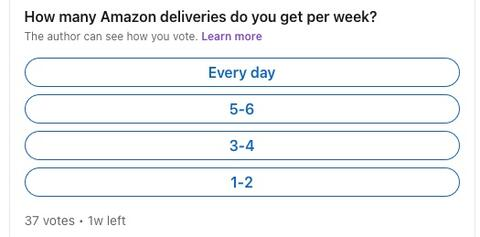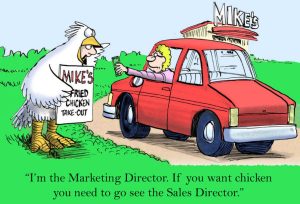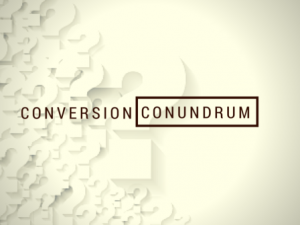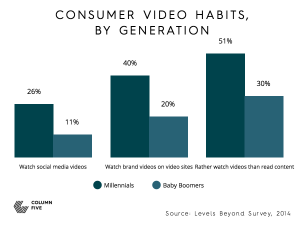A while back, I was talking about Cancel Culture on The Bacon Podcast episode 654. What I was talking about was canceling subscriptions. I was going through some of my accounting this weekend and noticed I was paying $ 10 a month for a newspaper I wasn’t reading. Checked with my wife, she wasn’t reading it either. So I said, “Hey, why don’t we just cancel it?” And she agreed.
Now I know you’ve heard the phrase, “You are what you eat”, right? What you put in your body basically creates your body. Well, it’s the same thing with your mind.
So my question for today is what are you feeding your mind? This brings me to vanity fair, unfair vanity, and vanity metrics.
Vanity Fair
When I’m talking about vanity fair, I’m really talking about newspapers and magazines. I’ve mentioned Lunch Club before. It’s like a lunch dating service for business people. From there, you get introduced to people in your industry. You pick and choose who you want to meet and how often you want to do it. I tend to meet new people every single week, because I want to feed my mind with new perspectives.
The other day I met Holly. She happens to be a journalist who is now working for Vanderbilt Medical Center, not the university. We were talking about newspapers, news reporting, and how she left that industry to go work at Vanderbilt because she could do more creative things to create engagement for their organization, create content, share it with the world. As a matter of fact, they started a podcast specifically about medical issues, which is kind of cool.
Extra Extra…

Newspapers died because of the loss of the classified sections. When monster.com or Career Builder entered the job hunting arena, they started taking away all of the ads. If you’re old enough to remember the Sunday paper, years ago it used to be super thick because it was primarily bought for the job section and the classified section. Well, that went away with things like Angie’s List and online job boards started taking hold.
What happened was, there were fewer readers as the newspaper shrunk. And then on top of that, they figured out that it doesn’t make sense to print papers and deliver them because it’s too expensive. So they went digital. Now you have all of these different choices out there that you can get online. You can get a paper from your city or anywhere across the world, but it makes things more competitive.
One of the topics that Holly and I were talking about was headlines as clickbait. In order to get your news stories to stand out, you’re basically kowtowing to the SEO engine, as opposed to the reader. Headlines have always been important, but what happened is, the newspaper started switching their focus to find a target audience that helps them get better readership, which means that news has become polarized. And on top of that, there’s less reporting.
In the old day, you had to have at least two sources to verify your information. Now, there’s a lot of “news organizations” that basically take rumors and put them out as news and people bite it. Just like the fact that there’s a big beef around beef, that somebody is going to cancel beef. Nobody ever said that, but that’s a headline. Somebody’s coming after your hamburger and that is clickbait. And that’s essentially what it does. It gets our ire up and gets us angry.
So ask yourself, is that vanity fair?
Unfair Vanity

Speaking of which, how about unfair vanity? There are two new phenomena in social media. One is polls on LinkedIn and the other one is questions in Facebook groups. Now, these are used as social stream clickbait. They’re meant to get you to stop and do something. In LinkedIn, I recently saw a poll that said, “How much do you order from Amazon?” What does that have to do with LinkedIn and the audience of B2B businesses? On Facebook, I recently saw a question asked in a coaches group that said, “If I paid you $ 5,000, what would I get for it?” What he was doing was pre-qualifying people who weren’t making $ 5,000 so he could sell them his high-ticket business services.

Now people love to answer questions and take quizzes and enter polls. I mean, think about the number of people that go online and try to figure out what kind of bread they are. Right? So it does get people’s attention and people do click on it, but they’re not realizing what they’re doing. And the algorithms in social media reward you when you get more engagement. But this is doing little to nothing to educate and enhance people’s lives. It’s just basically trying to get the owner of that comment, more traffic. That’s unfair vanity.
Vanity Metrics
The last thing I want to talk about is vanity metrics. What do I mean by vanity metrics? There was a woman who was interviewed about how she was getting all this engagement on Snapchat. And the interviewer asked her, “So how do you monetize this?” And she said, “Well, there are things that are way more important than money.” And of course, all of us went, “Really?”
It’s not like we’re in it for the money, but running a business does mean you have to make more than you spend. Running a business is about solving problems for people. And then people will reciprocate with a certificate of appreciation, also known as money.
Now, all that clickbait, those questions and answers, and polls I talked about are clickbait. In other words, in social media, you can count likes, comments, and shares, but what you can’t do is figure out the interest or the lifetime value of those people. The reason it’s called vanity metrics is that it makes you look good, makes you feel good, but does it do your business any good?
That’s the key question. When it comes to a website, in Google Analytics, you can measure engagement. That’s time on the site. You can gauge interest by the actions that people take and you can track conversions. That’s people who purchase. So when somebody clicks on your contact page, that’s not a conversion, that’s an engagement. When they start a conversation, that’s action. When those conversations turn to closed sales, that’s purchases, and that’s what you can and should be tracking. Vanity metrics may give you a really good feeling, but they may not get you the business that you desire.
Final Thoughts
As I said before, we were going through our subscriptions and I decided to change out that one newspaper for $ 9.99 a month and reallocate that to Apple News+. On my iPhone, I can get not only newspapers, but I can also get magazines and some very unique information. I’m going to give that a try because the bottom line is I’ve learned a long time ago, the more I feed my mind, the more I will feed my business. As you’re looking at those vanity metrics, remember, we all tend to read newspapers with two hands. And as far as I can tell, we all put our pants on one leg at a time.
I would love to hear your thoughts on this. Comment below and share your thoughts, ideas, or questions about vanity metrics. Have you had to overcome any of the presented concepts? What worked and what did not live up to expectations? Do you have any ideas or advice you could share?
Business & Finance Articles on Business 2 Community
(58)




